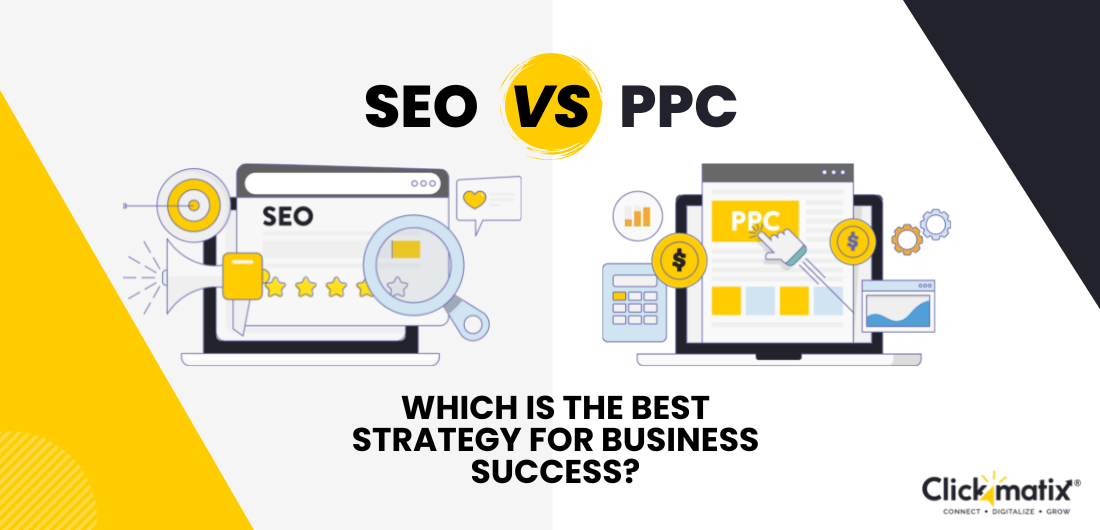
In today’s digital landscape, businesses are constantly looking for ways to improve their online visibility and drive more traffic to their website. Two marketing strategies emerge as effective – Search engine optimisation (SEO) and Pay-per-click (PPC). Business owners spend more time deciding whether to move forward with SEO or PPC than building their business idea. SEO and PPC have unique benefits, but which is the best strategy for business success?
This blog post will explore the differences between SEO and PPC, their pros and cons, and how to combine both strategies for maximum success. Read on to get valuable insights on SEO and PPC and make informed decisions about your online marketing efforts.
What is SEO & How Does it Work?
Search Engine Optimisation (SEO) is the way to enhance the rankings of your website on search engine results pages with the help of plenty of optimisation methods.
This is done by making changes to the website’s structure, content, and other factors, like content marketing, to make it more attractive to search engines like Google, Bing, and Yahoo.
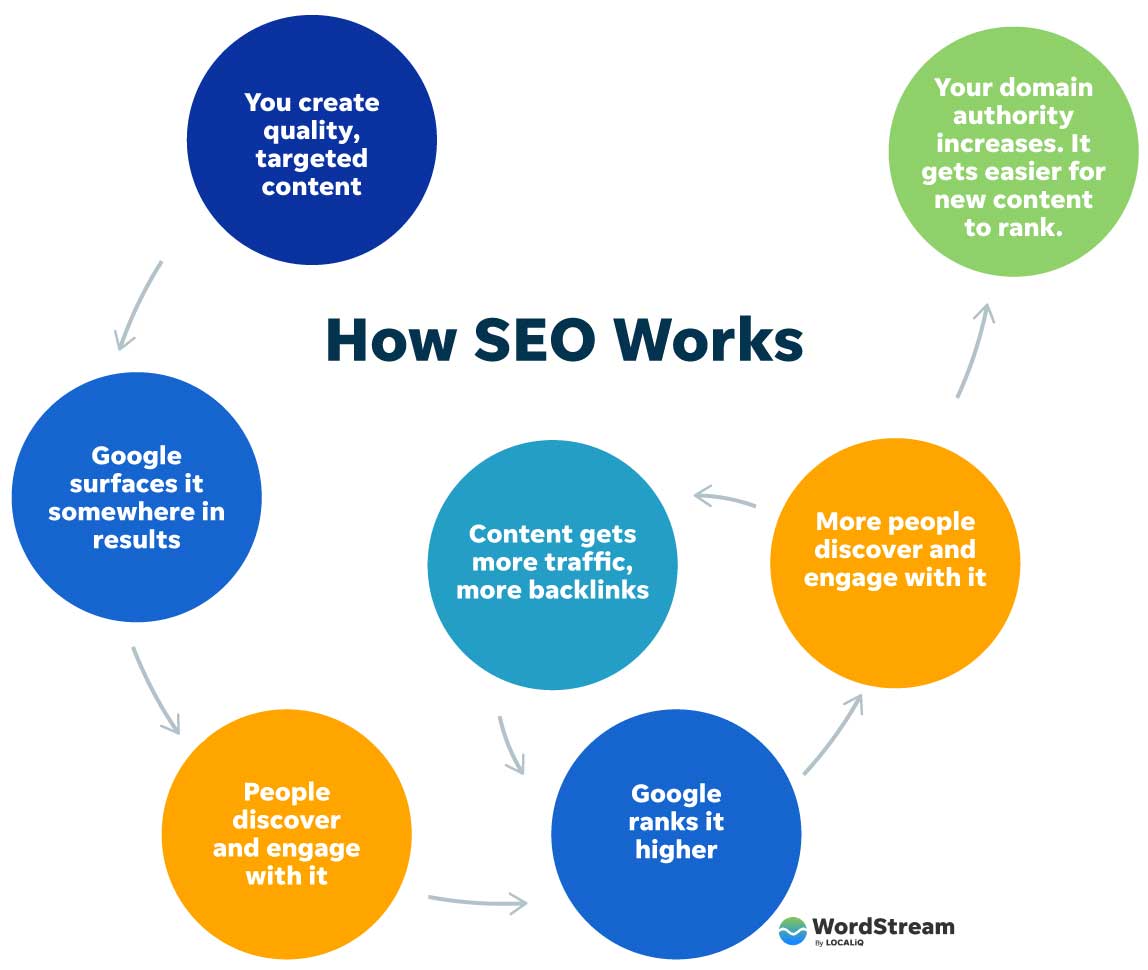
Image credit: wordstream.com
What makes Keywords a Crucial part of SEO?
Keywords are words and phrases people use to search for information on the internet. They are an essential aspect of SEO because they help search engines understand the topic of a webpage and match it to relevant search queries. Researching keywords involves identifying the most relevant phrases to your business or website and incorporating them into your website’s content, meta tags, and other elements.
On-Page & Off-Page SEO Techniques
On-page optimisation involves making changes to the actual content and structure of a website to improve its ranking on SERPs. This can include optimising title tags, meta descriptions, header tags, and other elements.
On the other hand, off-page optimisation involves improving the website’s visibility through external means, such as link building, social media marketing, and content marketing.
Importance of Link-Building
Backlinks are links from other websites to your website. They are essential for SEO because search engines view them as a sign of a website’s popularity and authority. Link building is acquiring a website’s backlinks to improve its visibility on SERPs.
And that’s why getting in touch with an experienced SEO company is crucial.
Measuring Success with SEO
The success of an SEO campaign can be measured by monitoring a website’s ranking on SERPs and tracking its traffic and conversions. Other metrics that can be used include the number of backlinks, social media shares, and the overall engagement of website visitors.
What is PPC & How Does it Work?
PPC, or Paid Advertising, is a form of online advertising in which advertisers pay a fee each time one of their ads is clicked. These ads typically appear at the top of search engine pages (SERPs) or on other websites and are designed to drive traffic to a specific website or landing page.
How is PPC Different from SEO?
While SEO and PPC aim to increase visibility and drive traffic to a website, they do so differently.
SEO is focused on improving the organic traffic & rankings of a website on SERPs, while PPC is focused on paying for the placement of Google ads to drive traffic. SEO can take longer to show results, while Paid advertising can drive immediate traffic to a website through paid search ads.
Importance of Keywords & Ad Copy
Keywords are an essential aspect of PPC advertising, as they help determine which ads will be shown to which users. Advertisers select keywords relevant to their products or services and bid on them to have their ads displayed when users search for those keywords. Ad copy is also essential for paid advertising, as it needs to be clear, concise, and compelling to encourage users to click on the ad.
Setting Up & Managing a PPC Campaign
Setting up and managing a PPC campaign typically involves creating ad groups, choosing keywords and ad copy, setting budgets, and monitoring performance. This can be done through platforms like Google Ads, Bing Ads, and other advertising networks.
Measuring Success with PPC
Measuring the success of PPC ads typically involves tracking metrics such as clicks, impressions, click-through rate (CTR), and conversion rate.
These metrics can be used to determine how well the campaign is set up on Google ads and performing and to make adjustments as necessary. Also, measuring the ROI (return on investment) on PPC ads is essential.
SEO vs PPC
Combining SEO & PPC for Maximum Results
A well-rounded digital marketing strategy is essential for achieving maximum success online, as it allows businesses to reach their target audience through multiple channels and increase their visibility on search engines.
Combining SEO and PPC as part of more comprehensive digital marketing strategies can maximise the benefits of both tactics and drive more organic traffic and conversions to a website.
We hope you loved the combo, which means no SEO vs. PPC.
How to do SEO & PPC Compliment Each Other?
SEO and PPC complement each other in a variety of ways. While SEO helps to improve a website’s organic rankings, PPC can drive immediate traffic to the website.
Additionally, the keywords and ad copy used in PPC can inform and improve the content and meta tags used in SEO.

Get weekly insights for revenue-shifting results
Sign up for our newsletter and be the first one to know about our exclusive offers, digital marketing news and updates.
|
|
Thank you for Signing Up |


Key Metrics to Track for Both SEO & PPC
Key metrics for SEO and PPC include website traffic, conversion rate, and ROI.
For SEO, tracking the website’s rankings on SERPs, backlinks, and engagement metrics such as bounce rate and time on site is essential.
For PPC, tracking metrics such as clicks, impressions, CTR, and conversion rate is essential.
Best Practices for Combining SEO & PPC
- Using the same keywords and copy for both SEO and PPC:
By using the exact keywords and copy for both SEO and PPC, businesses can ensure that their messaging is consistent across all channels and that their campaigns target the same audience. This will help increase the website’s visibility and drive more traffic.
- Aligning PPC landing pages with the content and theme of the website:
PPC landing pages should be designed and optimised to match the content and theme of the website. This will ensure that visitors who click on PPC ads are directed to relevant, high-quality pages optimised for conversions.
- Regularly reviewing and optimising SEO and PPC campaigns to improve performance:
Both SEO and PPC campaigns should be regularly reviewed and optimised to improve performance. This can involve analysing data and metrics to determine which tactics and strategies are working and which need to be changed or improved.
- Using the same analytics tools to track and measure the success of both SEO and PPC campaigns:
Analytics tools can be used to track and measure the success of both SEO and PPC. This will allow businesses to see which tactics and strategies are working and which need to be changed or improved.
- Constantly testing strategies to see which works best for your business and audience:
Continuously testing different marketing strategies will help businesses to identify which option will work best for their audience and business.
Conclusion:
In conclusion of SEO vs. PPC, we would like to mention that SEO and PPC are both powerful digital marketing strategies that can help businesses increase their online visibility and drive more traffic and conversions to their websites.
While SEO is focused on improving a website’s organic rankings on search engine pages, PPC is focused on paying for the placement of ads to drive traffic.
Both strategies have their unique set of pros and cons, and the best strategy for business success will depend on the specific needs and goals of the business.
Combining SEO and PPC as part of larger digital marketing strategies can help to maximise the benefits of both tactics and drive more success for the business. It’s essential to regularly review and optimize both SEO and PPC ads, use analytics software to track and measure the success, and continuously test different ad copy and targeting options to identify which works best for the business and audience. Most importantly, get in touch with Digital Marketing agency that offers you expert support and helps your business skyrocket.
In search for strategic sessions?
Let us understand your business thoroughly and help you
strategies your digital product.
It's time to call your business-
a brand!
Australian Owned Agency
Save Time and Money
Unbeatable Value
Where Work Gets Done
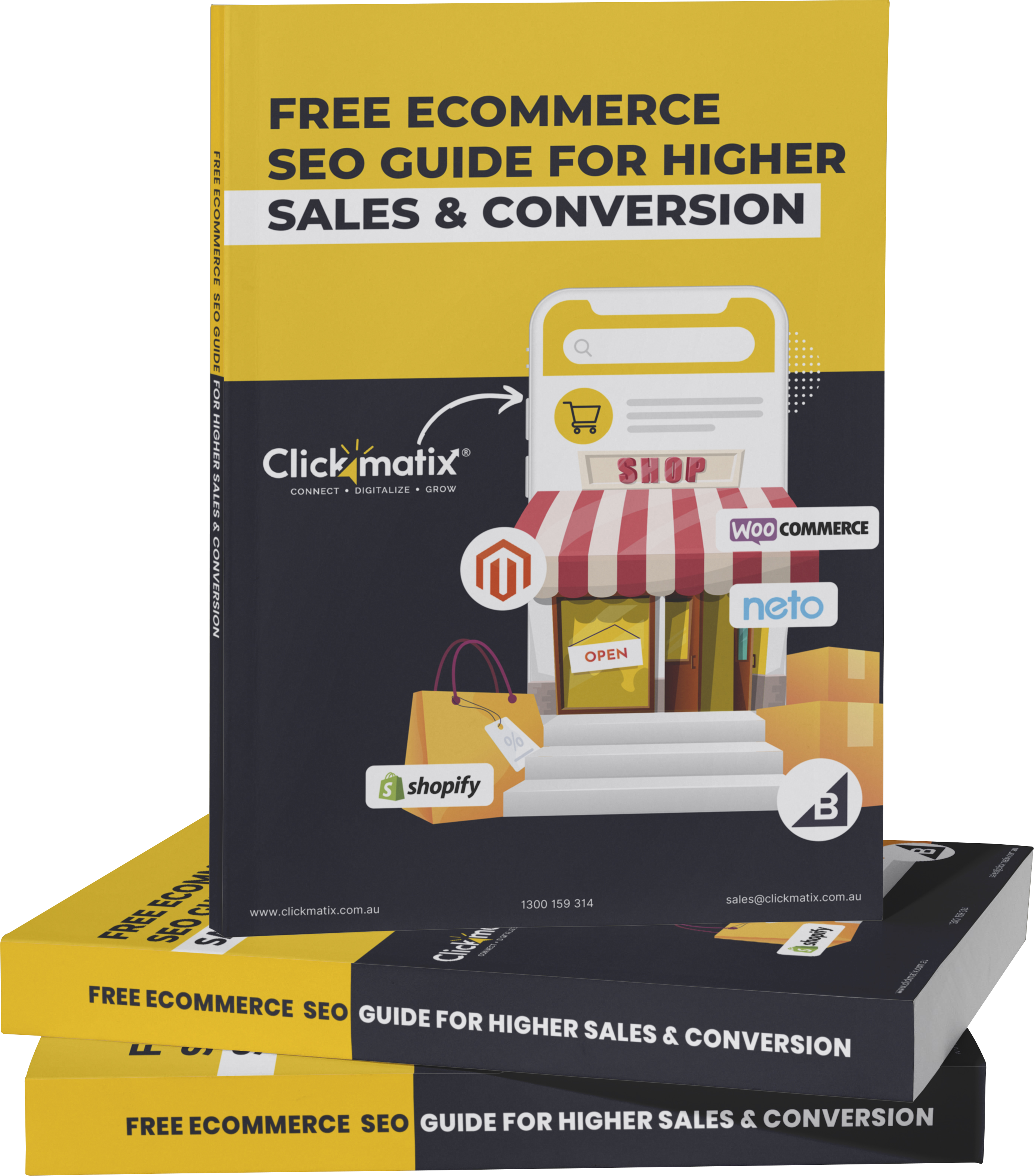
free Ecommerce SEO guide for Higher Sales & Conversion


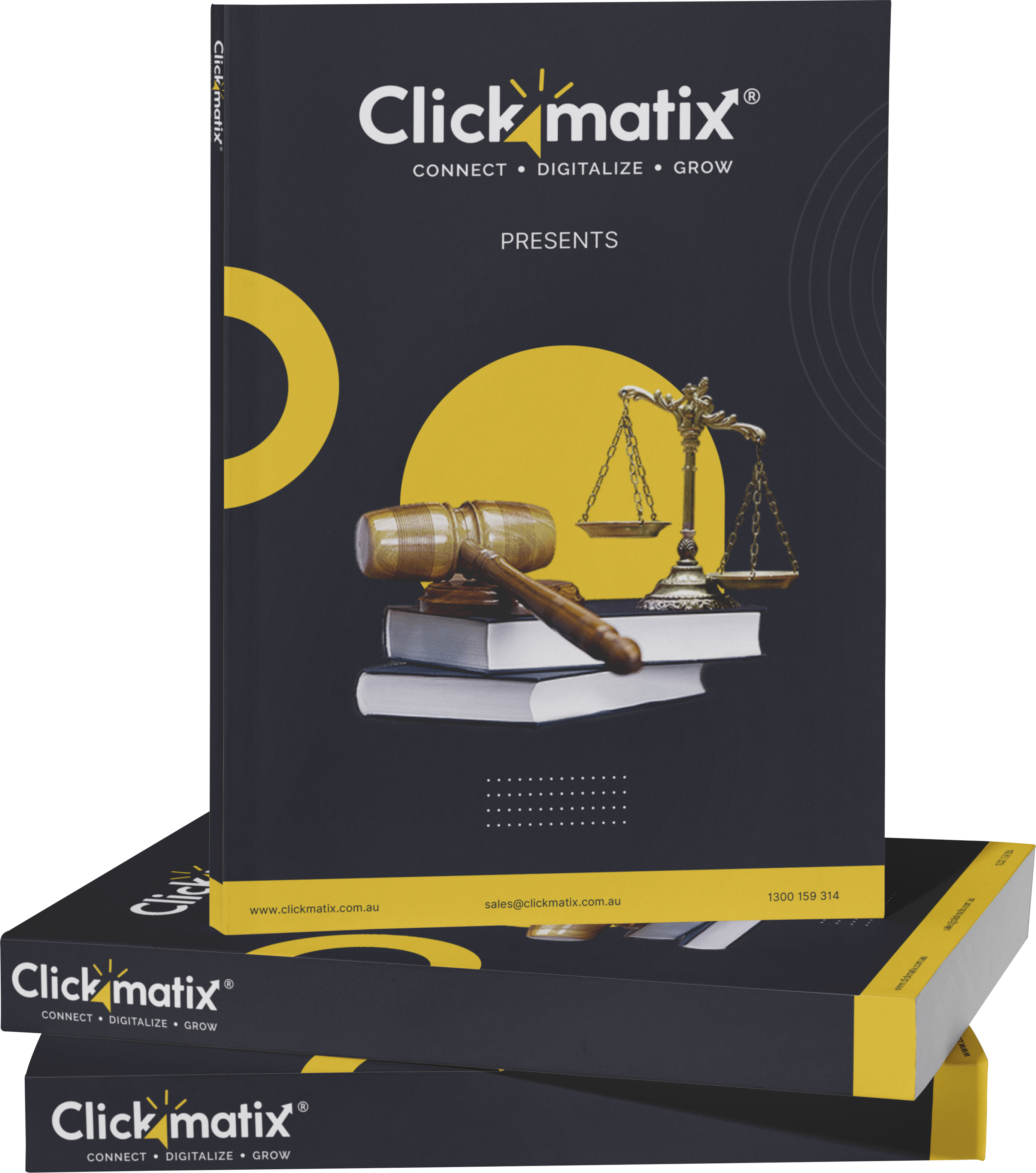
THE ULTIMATE MARKETING GUIDE FOR LAWYERS



Youtube Ads Guide How to Advertise on Youtube



free Ecommerce SEO guide for Higher Sales & Conversion


It's time to call your business-
a brand!
Australian Owned Agency
Save Time and Money
Unbeatable Value
Where Work Gets Done


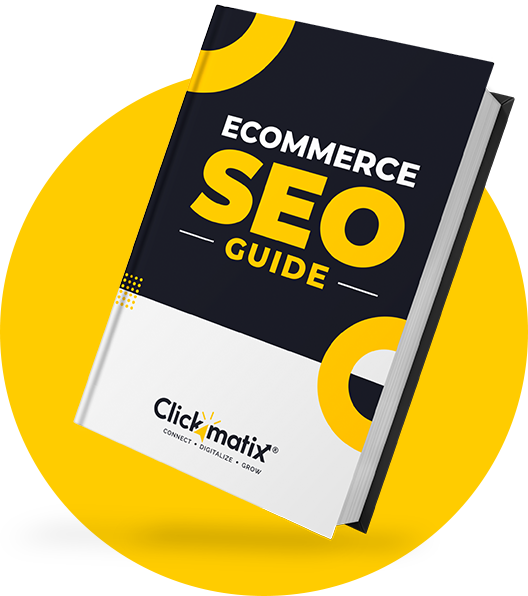
The Game-Changing Ecommerce SEO Guide That Will Blow Your Mind & Sales
With this Ecommerce SEO Guide, you'll be able to:
- Develop a Ecommerce SEO strategy.
- Build a content marketing strategy that aligns with your business goals.
- Convert your website visitors into paying customers.


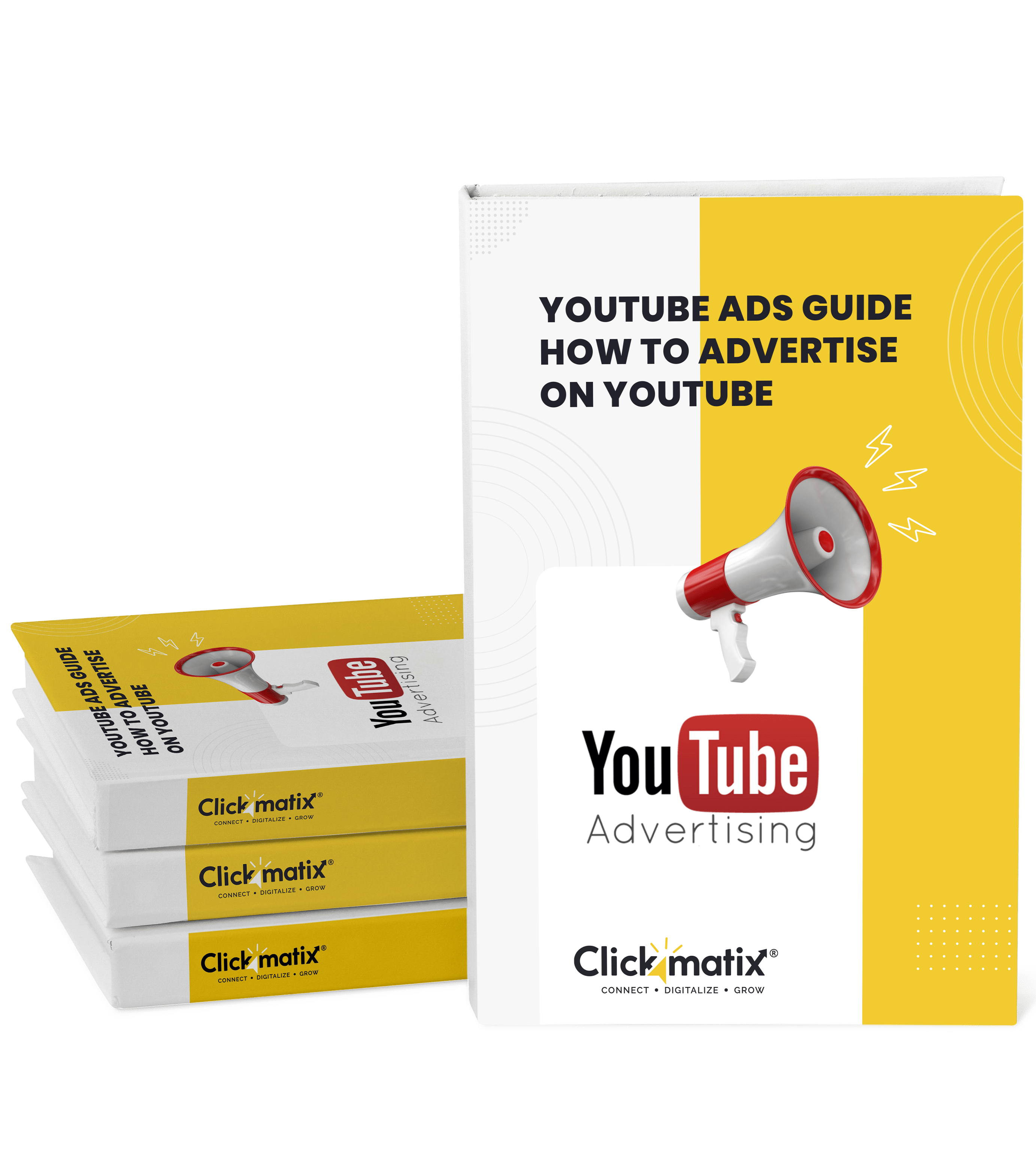
Youtube ads guide how to advertise on youtube
With this Youtube ads Guide, you'll be able to:
- Develop a Youtube ads strategy.
- Build a type of ads of your own that aligns with your business goals.
- Generate revenue from youtube ads.
It's time to call your business-
a brand!
Australian Owned Agency
Save Time and Money
Unbeatable Value
Where Work Gets Done








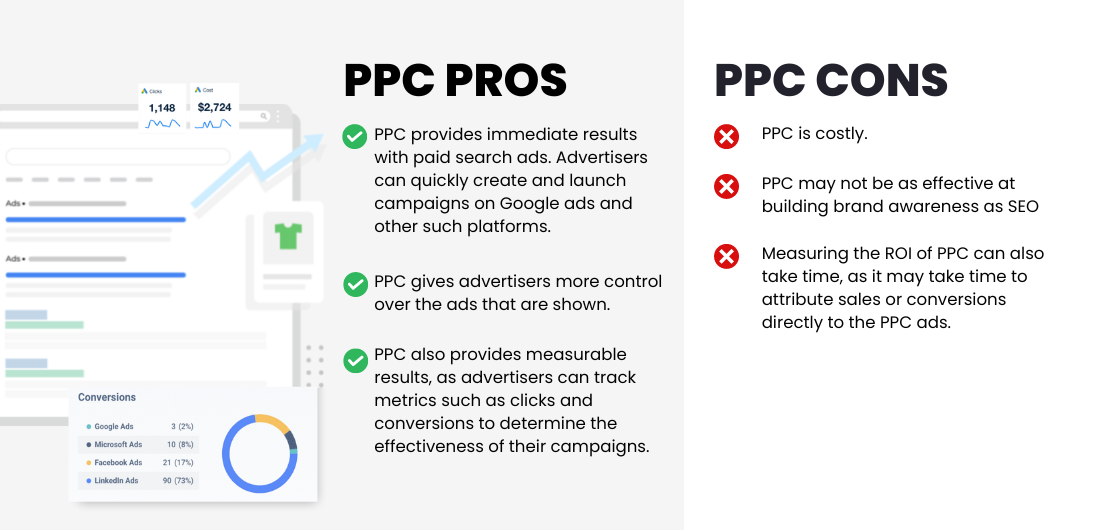
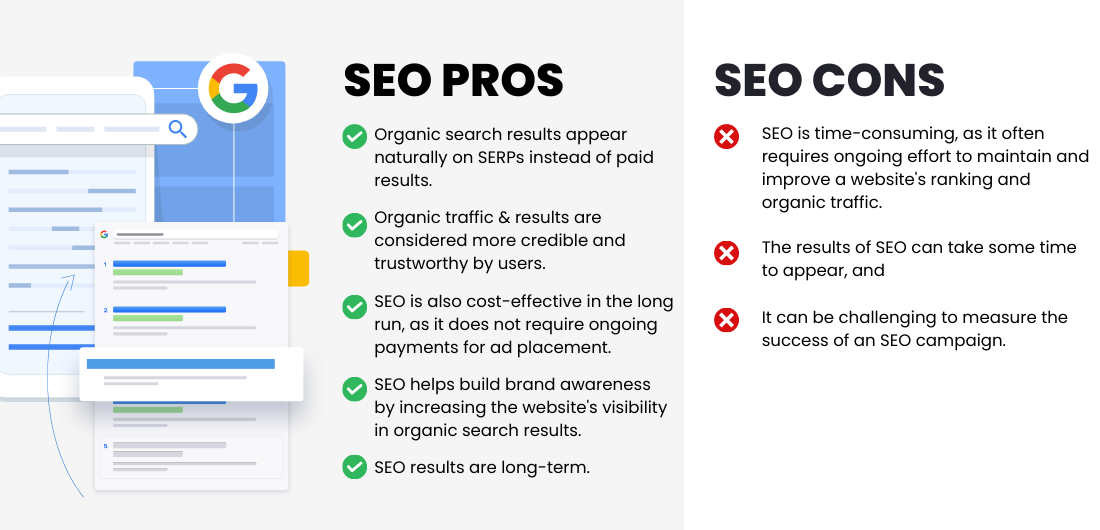
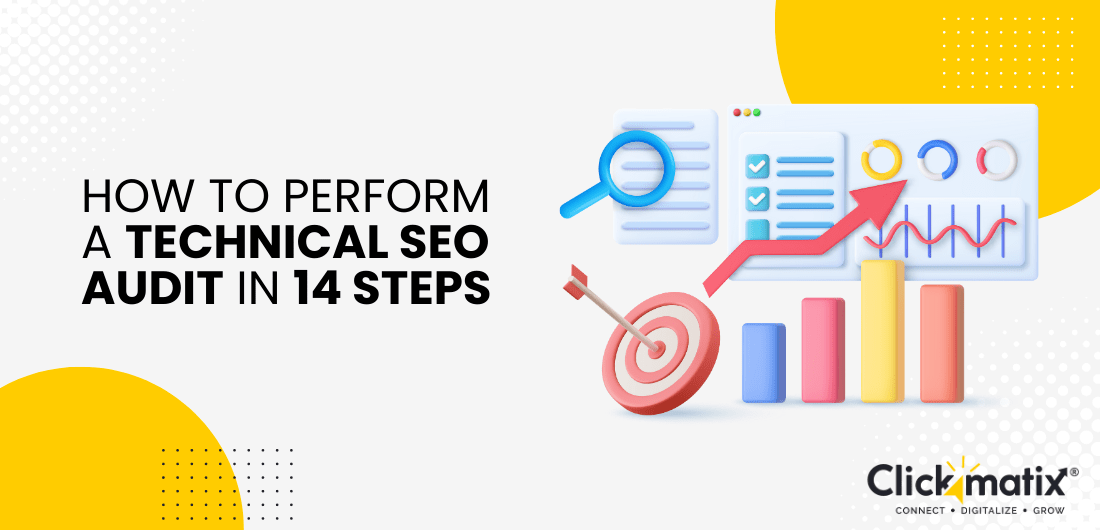
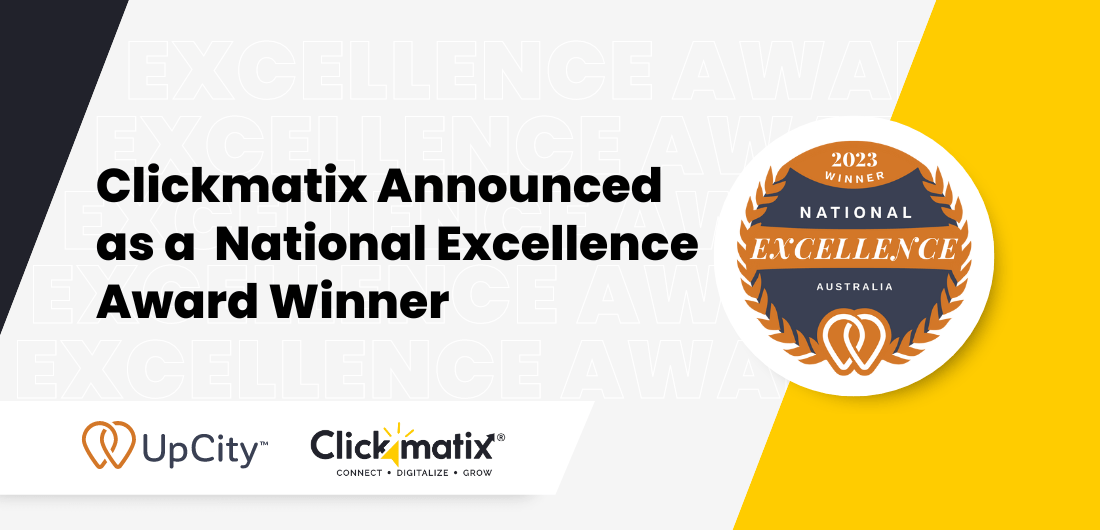
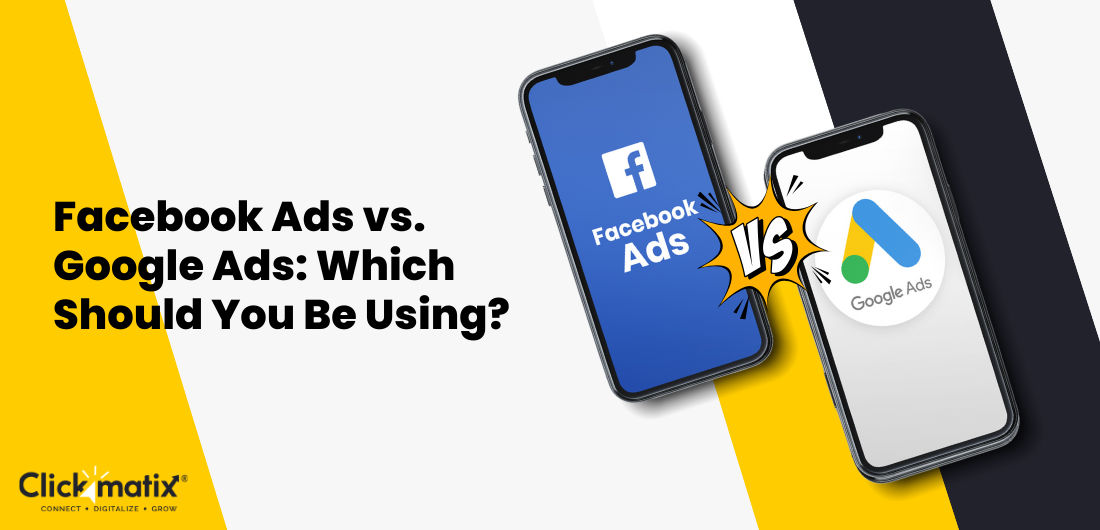
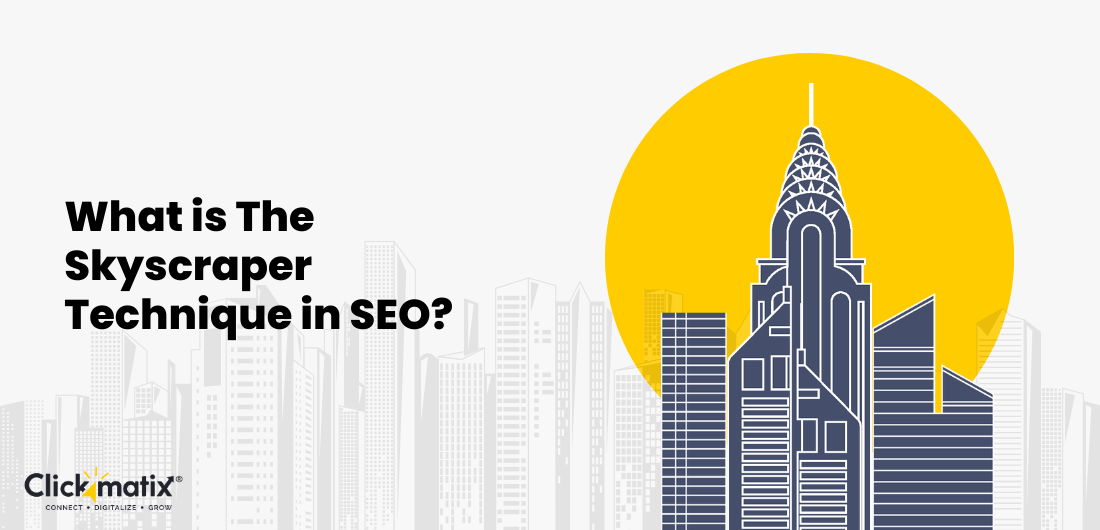

 Australian Owned Agency
Australian Owned Agency Save Time and Money
Save Time and Money Unbeatable Value
Unbeatable Value Where Work Gets Done
Where Work Gets Done